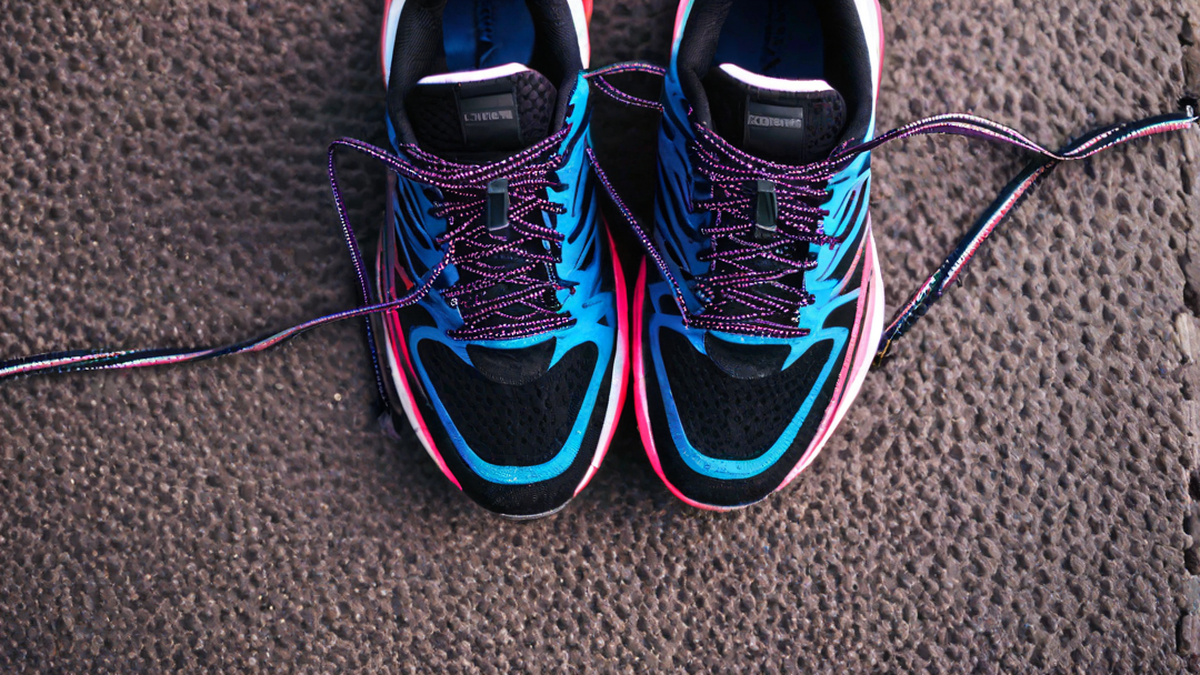When it comes to running, having the right pair of shoes is essential. As a beginner, choosing the best running shoe can be overwhelming with so many options available. But fear not, as I’m here to guide you through the process and help you find the perfect pair of running shoes for your needs.
Importance of Choosing the Right Running Shoe
Before we dive into the specifics, let’s understand why choosing the right running shoe is so important. Running is a high-impact activity that puts a lot of stress on your feet, ankles, and joints. Wearing the wrong shoes can lead to discomfort, pain, and even injuries such as shin splints or stress fractures.
When you run, your feet strike the ground with a force of 2-3 times your body weight. The right pair of shoes can help absorb this impact and provide proper support and stability, reducing the risk of injury. So, it’s crucial to invest in a pair of running shoes that are designed specifically for running.
Determining your Foot Type
Before buying running shoes, it’s essential to understand your foot type. There are three main types: neutral, overpronation, and underpronation (supination). Knowing your foot type will help you find a shoe that provides the right amount of support and stability.
If you’re unsure about your foot type, you can perform a simple wet test. Wet your feet and step onto a piece of paper or a concrete floor. The shape of your footprints will give you an idea of your foot type:
- If you have a normal arch and can see about half of your arch on the wet footprint, you have a neutral foot type.
- If your footprint shows a complete arch, you have a low arch or flat feet, indicating overpronation.
- If your footprint shows only the outer edge of your foot with little to no arch visible, you have a high arch or underpronation (supination).
Choosing the Right Shoe Features
Once you know your foot type, it’s time to look for specific features in your running shoes:
- Cushioning: Beginners generally benefit from shoes with ample cushioning to provide shock absorption and comfort.
- Support: If you have flat feet (overpronation), look for shoes with stability features such as firmer midsoles or medial posts to help control excessive inward rolling of the foot.
- Flexibility: Running shoes should be flexible enough to allow the natural movement of your feet while providing enough support.
- Fit: The shoe should fit snugly but not too tight. Leave about a thumb’s width of space between your longest toe and the end of the shoe.
Top Recommendations for Beginners
Now that we have covered the basics, here are some of my top recommendations for running shoes for beginners:
- Nike Air Zoom Pegasus 37: This is a versatile and well-cushioned shoe that offers a smooth and responsive ride. It provides excellent support and is suitable for all types of runners, including beginners.
- Brooks Ghost 13: With its plush cushioning and comfortable fit, the Brooks Ghost 13 is a popular choice among beginners. It offers a neutral footbed and a smooth heel-to-toe transition.
- ASICS Gel-Kayano 27: Known for its exceptional stability and comfort, the ASICS Gel-Kayano 27 is an excellent option for beginners with overpronation. It provides excellent support and cushioning.
Remember, the best running shoe for beginners may vary depending on individual preferences and needs. It’s always a good idea to try on different pairs and go for a run to see how they feel. Consult with a knowledgeable salesperson at a specialized running store for personalized advice.
Conclusion
Choosing the right running shoe for beginners is a crucial step towards a comfortable and injury-free running journey. Consider your foot type, look for specific features, and try out different options to find the perfect fit. Remember, investing in a good pair of running shoes will go a long way in ensuring a positive running experience. Lace up, hit the road, and enjoy your running journey!

